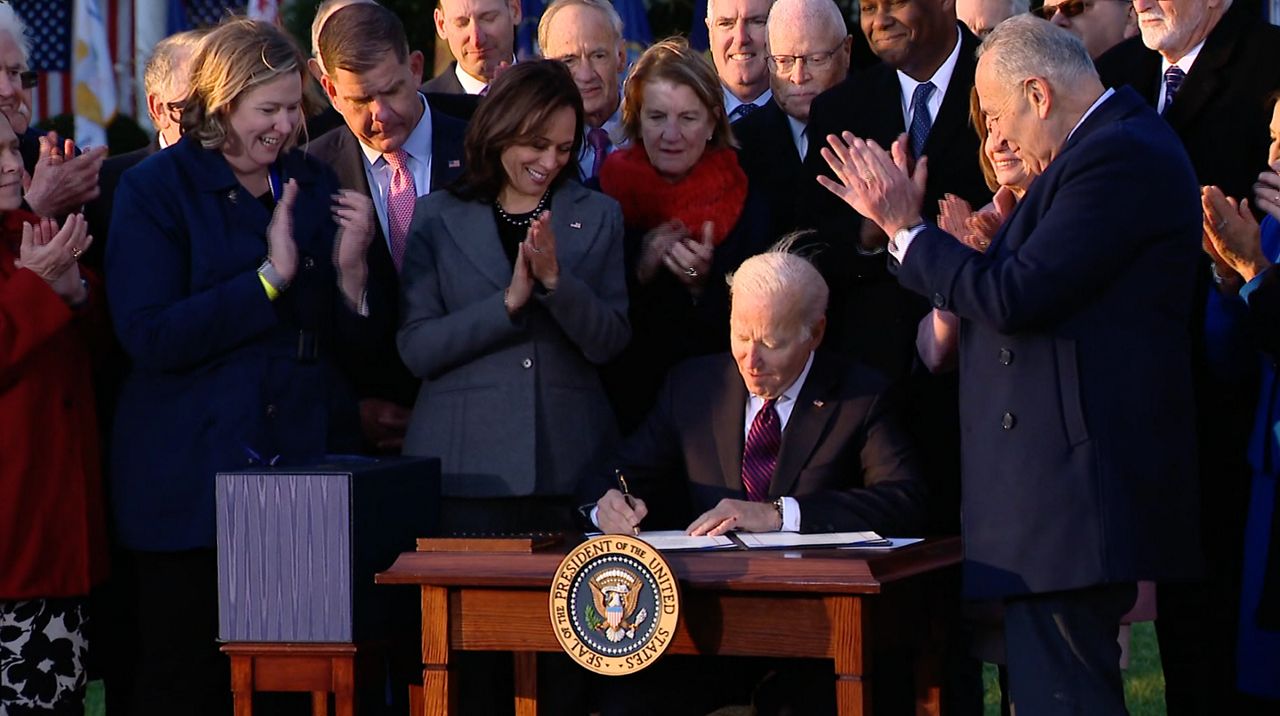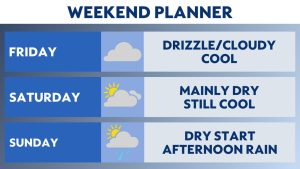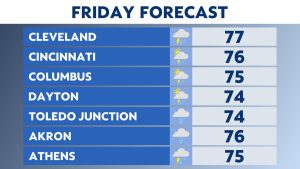BROADVIEW HEIGHTS, Ohio — Doctors will say prevention is better than treatment when it comes to breast cancer, and when Gov. Mike DeWine, R-Ohio, signed the biennial budget last summer, he and lawmakers made early detection a priority.
What You Need To Know
- Barbara Diver has dedicated her life to volunteering with the American Cancer Society and advocating for survivors on behalf of the ACS Cancer Action Network
- In July, the network helped secure a $100,000-per-year expansion of Medicaid for women diagnosed with cancer through the Ohio Department of Health’s Breast and Cervical Cancer Project
- The BCCP, which Ohio started in 1994, provides free mammograms, cervical exams and other prevention services to more than 7,000 people who otherwise would not have the capability to get them
- Last spring, mammography rates declined by 70% due to the pandemic, causing a backlog of screenings or the risk that many people will forego their screenings altogether.
One woman is encouraging others to take advantage of a newly-expanded program after overcoming her own obstacles with the disease.
Barbara Diver is enjoying the retired life with her husband, George, and their dog, Loki.
“It’s really nice,” Diver said. “We can travel when we want to travel. Can be home when we want to be home. It’s just been something that we’ve been looking forward to all these years.”
The Divers settled in Broadview Heights after years of moving and issues with Barb’s health.
“That was 1991 when I had my first mammogram,” she said.
Barb was in her mid-30s at the time.
“The guidelines for mammography suggested that I get my mammogram before age 35, because my mother had had breast cancer,” she said.
Breast cancer robbed Barb of more time with her mom, Bertha Salter, who died after a two-year fight against the disease in 1968. Bertha was 54. Despite growing up without her mom, Barb believes Bertha was there for her when it mattered most.
“One of the reasons why I went for my mammogram when I did was because I had a doctor who was pushing me, but I was ignoring it,” Diver said. “And then, my angel in heaven, my mom must have whispered in his ear to tell me one more time to go.”
Days after the screening, Barb got her results.
“The phone rang as I was running out the door to go, go to school and it was my doctor and he told me that I had something on my mammogram and he needed me to see a cancer surgeon that day,” said Barb.
Luckily, doctors caught it right away because Barb was told she only had six months before her cancer would become stage four, the most serious and life-threatening stage of breast cancer.
“Panic was probably the primary emotion,” Diver said. “Denial, like I said, and just shock. You really can’t process anything at first.”
Barb said if she had not done anything, she wouldn’t be where she is today. She acted fast, having multiple procedures in a couple week span.
“Before I had surgery, I had never met a woman who had survived breast cancer,” Diver said. “So to find out my cancer’s gone was a relief.”
And that relief is a feeling she wants other women to experience knowing they can beat breast cancer too. So for the last more than 20 years, Diver has dedicated her life to volunteering with the American Cancer Society and advocating for survivors on behalf of the ACS Cancer Action Network.
In July, the network helped secure a $100,000-per-year expansion of Medicaid for women diagnosed with cancer through the Ohio Department of Health’s Breast and Cervical Cancer Project. The BCCP, which Ohio started in 1994, provides free mammograms, cervical exams and other prevention services to more than 7,000 people who otherwise would not have the capability to get them.
“To see people get hope from what the work that you’re doing, whether it’s doing it through my advocacy or through reach to recovery is very fulfilling,” Diver said. “It makes gives me a reason for why I survived cancer and other people haven’t.”
Diver said she will continue to do all she can until the ultimate goal is achieved.
“The goal is to end cancer and not have to do my volunteer work anymore,” she said.
The American Cancer Society Cancer Action Network said the BCCP’s expansion could not come at a better time. Last spring, mammography rates declined by 70% due to the pandemic, causing a backlog of screenings or the risk that many people will forego their screenings altogether.
There is also a bill, House Bill 371, awaiting a full House vote at the Statehouse that would further assist women who need screenings by requiring health insurers and Medicaid to cover additional screening costs under certain circumstances.




